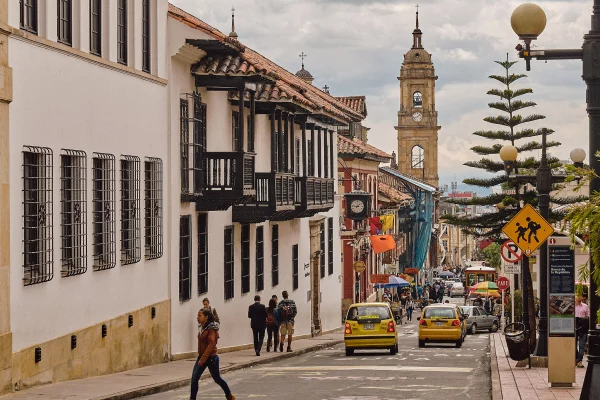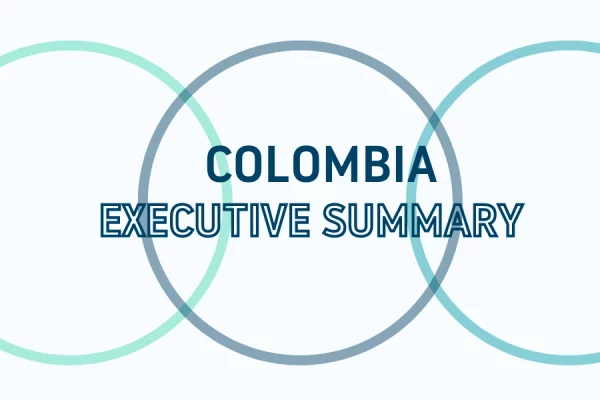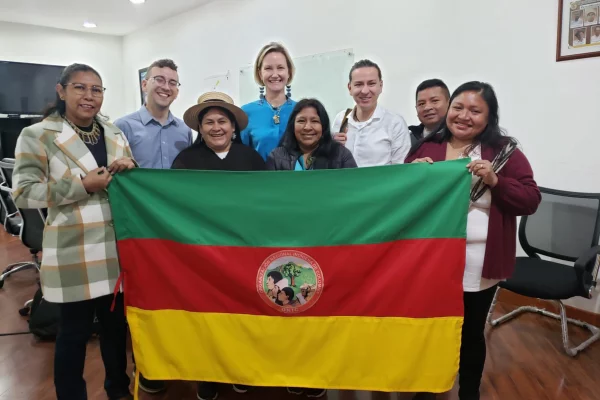Colombia
As a vastly diverse country, Colombia's approach to pluralism is closely tied to its peace process.
Assessed Groups
- Afro-descendants
- Indigenous groups
- Peasants
- Roma
Colombia is one of the most unequal countries in Latin America and has been deeply affected by over 50 years of internal armed conflict. Years of conflict have deeply impacted the lives, cultures and traditions of many ethnic and social class groups. These include Afro-Colombians, Indigenous, peasant and Roma groups. In a promising development, the election in May 2022 brought a government to power that has been very vocal about the need to respond to minority ethnic groups’ needs and to better address how the armed conflict has impacted their lives. The Global Pluralism Monitor report for Colombia explores the gaps and opportunities for these four groups and reveals that a peace process cannot be pluralistic, or fully complete, if it does not address the needs of ethnic and marginalized groups. This assessment was completed in 2021.
Key Takeaways
Colombia shows a lack of political will to partake in crucial international commitments.
In response to exclusion, social mobilization for human rights is strong.
Solidarity among marginalized peoples has become a key aspect of mobilization.
Recommendations
Ratify relevant international treaties
Extend constitutional and legal protections for Indigenous groups and Afro-descendants Indigenous groups and Afro-descendants have.
Protect and respect minority rights through the implementation and enforcement of constitutional mandates
Improve information about rights violations and impunity




